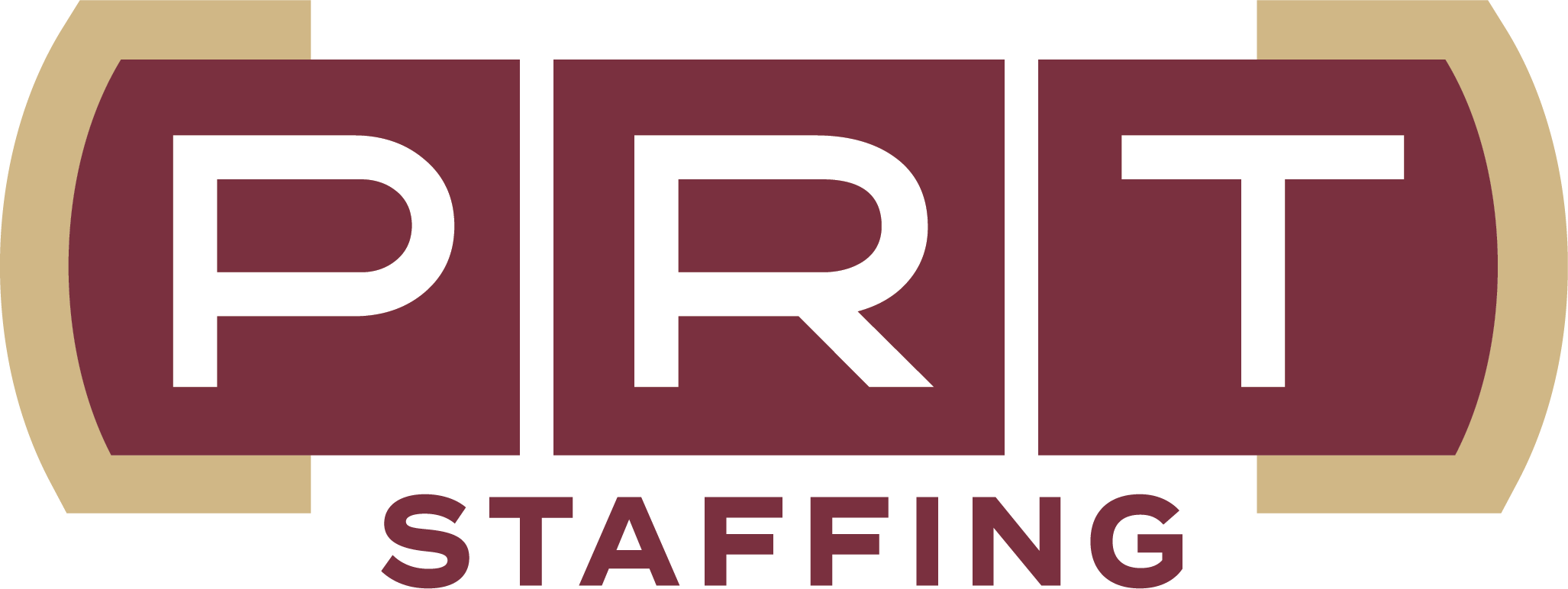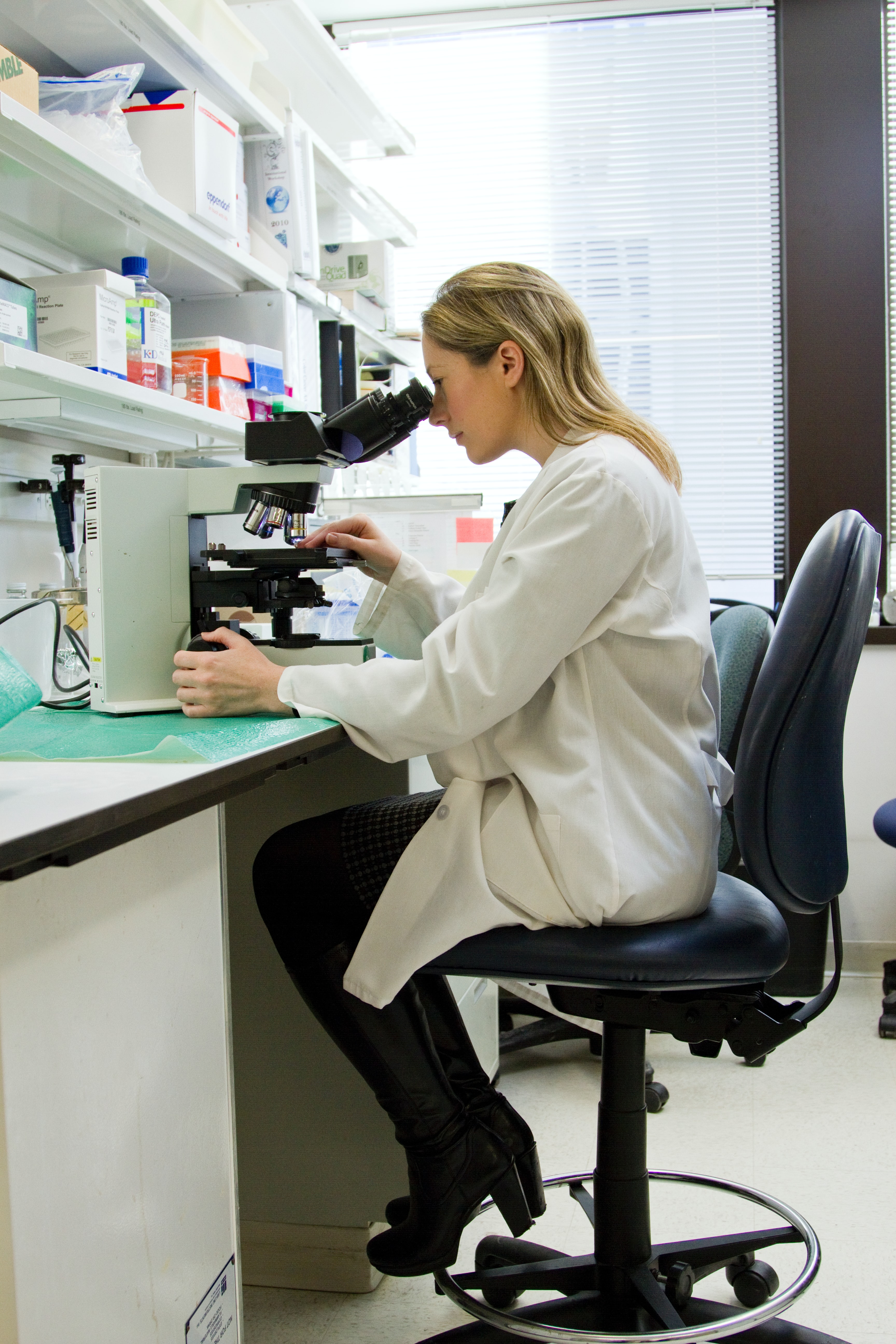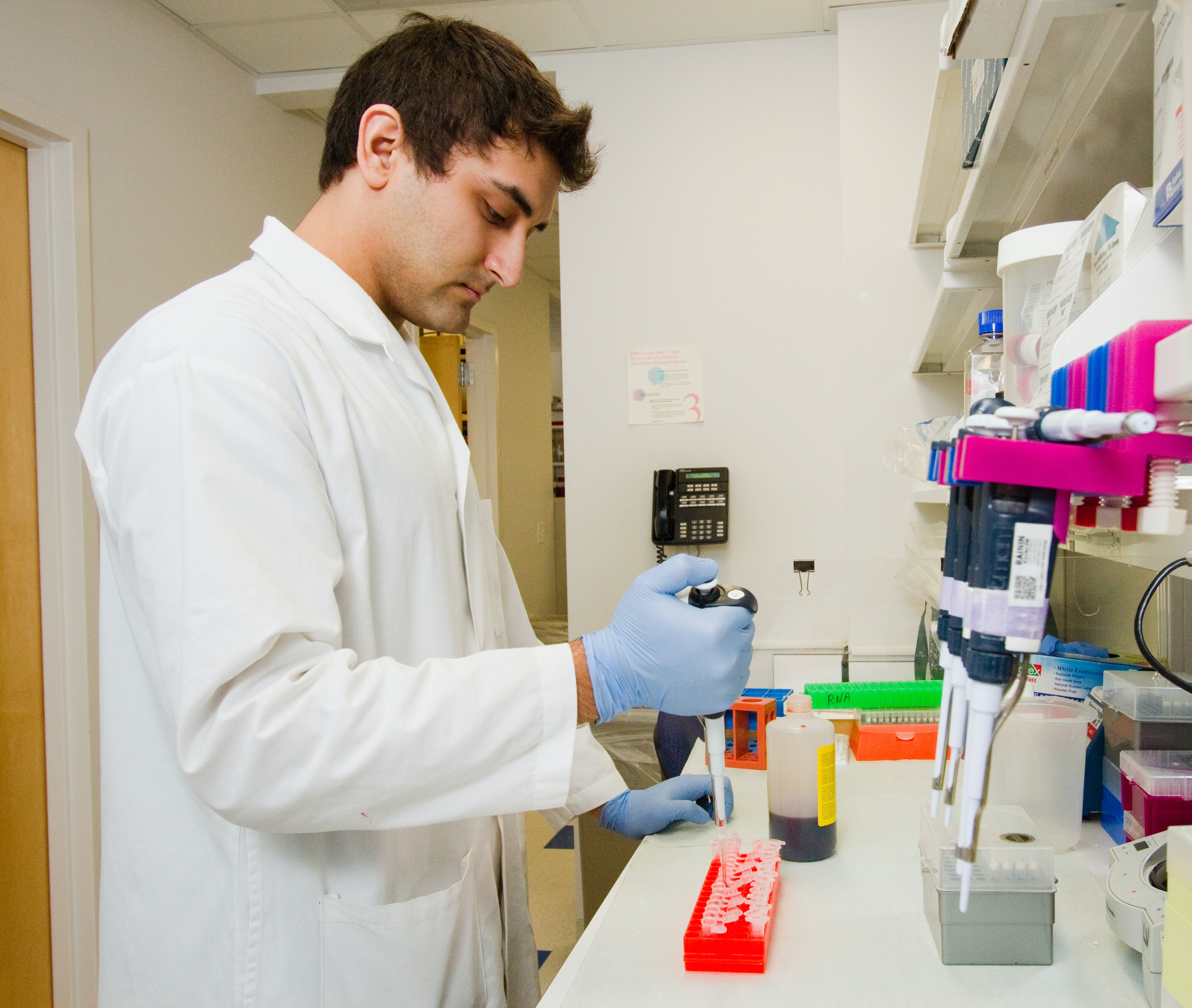Understanding Workplace Drug Testing Regulations in Arizona, Florida, and Georgia
Most Americans may not give it much thought but where we live, work, and play matters as each of the 50 states has its unique laws.
If you can remember those civic lessons in school, the Tenth Amendment to the U.S. Constitution says that all powers not granted to the federal government are reserved for the states and the people.
While there may be some crucial federal laws – immigration, bankruptcy, anti-discrimination, and civil rights are prime examples – many issues, such as workplace drug testing, are left up to the states to decide.
“Federal law places few limits on employer drug testing,” writes Lisa Guerin, J.D., for NOLO. “Although the federal government requires testing by employers in a few safety-sensitive industries (including transportation, aviation, and contractors with NASA and the Department of Defense), federal law doesn't otherwise require – or prohibit -- drug tests. For the most part, this area is regulated by state and local laws.”
In states such as Arizona, Florida, and Georgia workplace drug testing regulations may vary such as:
- In Arizona if an employee tests positive, that result must be confirmed by a second test using a different chemical process than the initial screening.
- In Florida, employers with drug-free workplace programs must test employees in certain circumstances such as on reasonable suspicion of drug use (reasons for suspicion include observable phenomena, erratic or abnormal behavior, or a report of drug use.)
- In Georgia, employers with drug-free workplace programs must test employees in certain circumstances including after an accident resulting in lost work time.
“Most states have laws that address workplace drug use and drug testing. Some states require employers to put their testing program in writing. Other states prohibit disciplinary actions against employees who test positive without a second confirming test, or they require that testing be performed only in state-approved labs,” said the Society for Human Resource Management. “Because states have their approach to drug testing issues, employers should carefully review the law in the states in which they operate before they adopt a drug testing policy.”
Workplace Drug Testing in Arizona
NOLO reports that, like many states, Arizona has laws that allow drug testing in certain situations, if the employer follows the procedural rules.
In Arizona, not only can employers ask you to take a drug test as a job applicant, but they can refuse to hire you if you do not submit to the drug test.
Arizona employers can also conduct random drug testing of employees.
Arizona employers, according to NOLO, are allowed, but not required, to drug test employees for any “job-related purpose consistent with business necessity”, including:
- To maintain productivity, safety, quality, or security
- As part of an accident investigation or an investigation of possible employee impairment, or
- On reasonable suspicion of drug use.
Employers must abide by some rules to conduct drug tests including:
- They must have a drug testing policy in place, and it must be provided to employees before drug testing. This policy must spell out:
o The drug testing program
o Consequences of a positive drug test
o Consequences of refusing to submit to a drug test
Arizona law has specific requirements for employers on gathering drug testing specimens, the actual testing procedure, and maintaining confidentiality.
“If an employee tests positive, that result must be confirmed by a second test using a different chemical process than the initial screen,” writes Guerin.
Keep in mind that workplace drug testing in Arizona can be complicated by the fact that the state has passed both a medical marijuana law and a recreational marijuana law.
“With the passage of the Smart and Safe Arizona Act of 2020, recreational marijuana is legal but contains no employment protections. It appears to protect the rights of employers, (Section 36-2851(1)) “… to restrict the use of marijuana by employees or prospective employees.” Therefore, if an employee or applicant is not a medical marijuana card holder, it is believed the employer may take adverse action if a positive test is the result of recreational marijuana,” reports National Drug Screening, Inc.
Workplace Drug Testing in Georgia
Georgia, like Florida, has a drug-free workplace program regulating drug testing. Employers who establish such a program, as certified by the state's Board of Workers' Compensation, can qualify for a discount on their workers' compensation insurance premiums.
Like Arizona, random workplace drug testing is permitted in Georgia, and certain procedures must be followed regarding drug testing, collection of specimens, and maintaining confidentiality.
Employers in the drug-free workplace programs are required to drug test applicants who receive conditional offers of employment.
“More limited testing is allowed if it is conducted based on reasonable classifications of job positions,” explains Guerin. “For example, an employer that doesn't want to test every job applicant could instead test only those applicants whose jobs would require potentially dangerous activities (such as operating heavy machinery or carrying a weapon).”
Would-be job applicants will know if they need to take a drug test in Georgia because employers must include a notice in job announcements or ads referencing the drug testing requirement.
NOLO says that Georgia employers with drug-free workplace programs must drug test employees in the following circumstances:
- After an accident resulting in lost work time.
- On reasonable suspicion of drug use (reasons for suspicion must be documented and made available to the employee on request).
- As part of a routinely scheduled fitness-for-duty medical examination.
- After the employee returns to work following rehabilitation for a positing drug test. Testing is not required if the employee entered rehab voluntarily, rather than after a positive drug test.
Georgia has some specific requirements when it comes to drug testing such as:
- Employers must include employee assistance (EAP) resources, employee education, and supervisor training as part of their drug testing program.
- Employers must provide employees with a written drug testing policy, and it must be distributed at least 60 days before any drug testing.
- Employees who test positive in a drug test in Georgia have five days to contest or explain the result to their employer.
Unlike Arizona, Georgia does not have medical marijuana laws or recreational marijuana laws.
Workplace Drug Testing in Florida
Florida employees can be tested for drugs under many conditions, including:
Pre-Employment: Vacancy announcements should specify a drug test is mandatory. Once a job offer has been made, the new hire will sign a drug testing consent form and then undergo pre-employment drug testing.
Reasonable Suspicion: Employers may request a current employee undergo a drug test if there is “reasonable suspicion” of current drug use. Reasonable suspicion could include:
- Observable phenomena while at work such as direct observation of drug use or the physical symptoms or manifestations of being under the influence of drugs.
- Erratic behavior, abnormal behavior, or significant deterioration of work performance.
- Reported drug use in violation of company policy provided by a reliable and credible source which is independently corroborated.
- Evidence of a tampered drug test by an employee.
- Information that an employee has caused or contributed to an accident while at work.
- Evidence that an employee has used, possessed, sold, solicited, or transferred drugs while working.
Routine Fitness of Duty: This drug testing can be conducted as part of a routinely scheduled employee fitness-for-duty medical examination.
Random Testing: A random sampling of employees can be chosen for drug testing.
While Florida employers have broad drug testing ability, employees are protected by certain Florida drug testing rules such as:
- Employers that conduct drug testing must give their policy to employees in writing, and employees must have at least 60 days’ notice of the policy.
- Employees who test positive have five days to contest or explain drug test results.
- Employers may not take any adverse action based on an initial positive drug test that has not been verified by a confirmation test and a medical review officer.
- Employees who voluntarily seek substance abuse treatment cannot be fired, disciplined, or discriminated against unless they have tested positive or been in treatment in the past.
- Companies are governed by state laws regarding procedures for gathering specimens, testing, and maintaining confidentiality.
When it comes to medical marijuana laws and recreational marijuana laws, Florida is a mix between Arizona and Georgia with a medical marijuana law on the books but not a recreational marijuana law.
The National Drug Screening, Inc. cautions that while Florida law does allow medical marijuana, “Employers are not required to accommodate the use of medical marijuana in the workplace or allow an employee to work under the influence of marijuana.”
Type of Drug Testing and Drugs Found in Typical Screenings
While workplace drug testing laws vary from state to state, you will find some universal hallmarks of drug testing programs such as the methods typically used to conduct the test.
For most employees or new hires, their drug testing will be the traditional urine sample conducted at a certified drug-testing laboratory. There are other types including:
Saliva (oral) or Sweat Samples: Non-invasive test that can return results for marijuana use in minutes.
Blood Test: More invasive than urine, saliva, or sweat tests but also considered more effective at detecting specific alcohol concentration levels.
Hair Test: Hair specimens can be collected at almost any location and can provide a 90-day detection window of commonly abused illegal drugs.
Breath Test: This method is used for companies that have employee alcohol testing programs.
And what might an employee's drug test turn up?
The most-common 5-panel drug screen checks for the following:
- Marijuana/Cannabis (THC)
- Cocaine (COC)
- Opiates (OPI)
- Amphetamines (AMP)
- Phencyclidine (PCP)
There are variations, however, such as a 4-panel drug screen that will check for the drugs above except for amphetamines, or the 6-panel drug screen that will check for the drugs above plus barbiturates.
The most comprehensive drug test is a 10-panel that checks for:
- Marijuana and its resins including hashish, and extracts (including THC oil, wax, and glass).
- Cocaine and drugs containing cocaine such as freebase or crack cocaine.
- Opioids, including prescription pills, can include smoked opium, heroin, morphine, codeine, oxycodone, and hydrocodone.
- Benzodiazepines, also called benzos, include diazepam (Valium), alprazolam (Xanax), and lorazepam (Ativan).
- Amphetamines including methamphetamine (meth), amphetamine sulfate (speed), and ADHD medications such as Ritalin and Adderall.
- Barbiturates include amobarbital, phenobarbital, pentobarbital, and secobarbital.
- Phencyclidine or PCP
- Methadone
- Methaqualone (Quaaludes)
- Propoxyphene





